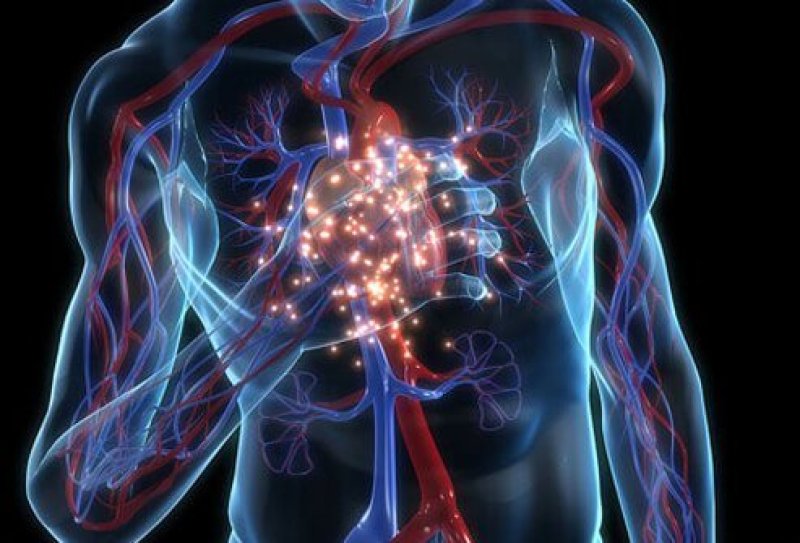Some people have a naturally occurring mutation in a gene called ANGPTL3, which plays a role in the regulation of fats in our blood called triglycerides. Having too many triglycerides increases our risk of developing heart disease, so doctors usually recommend patients change their diets or take medications to lower these levels.
However, the ANGPTL3 mutation seems to lower the person’s risk of developing cardiovascular disease without causing any harmful side effects. Now, researchers from the University of Pennsylvania have tested a gene-editing technique inspired by these people who lucked out in the genetic lottery.
…
[T]he researchers set out to determine if their treatment could help patients with a rare inherited disorder called homozygous familial hypercholesterolemia. These patients have very few effective options for treatments and carry a severe risk of heart disease as a result. If doctors could forcibly lower their triglyceride levels by “turning off” a gene, it could be life-saving.…
[R]esearchers have only tested the treatment in mice, but these initial results are encouraging. If researchers can find a way to make it work in humans, the technique could potentially help patients whose triglyceride levels aren’t responding to lifestyle changes and medication.…
According to a press release statement by the study’s lead author, Kiran Musunuru, patients with homozygous familial hypercholesterolemia could be just five years away from “a one-time CRISPR ‘vaccination’.”
Read full, original post: Susceptible to Heart Disease? Gene Editing Could Change That































